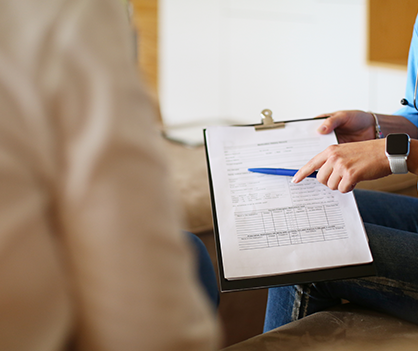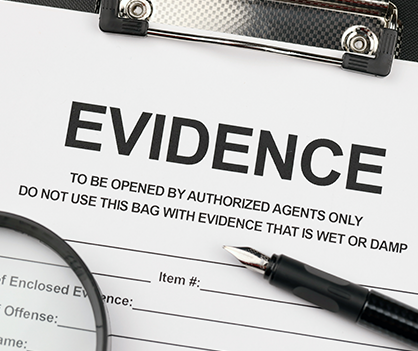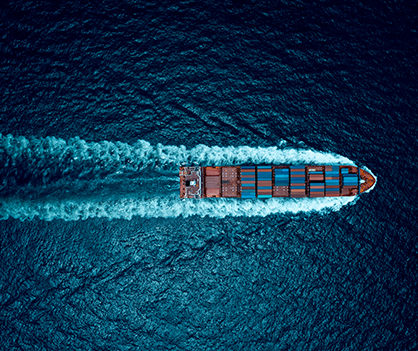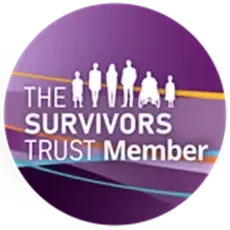Part of our mission is to carry out research so as to be able to clarify the information that is available to seafarers and make it easier for them to seek medical attention and report assaults. In light of this, this page will be updated as information is developed, collaborating with other relevant organisations.
The content of this page is provided for information purposes only and is intended, but not guaranteed, to be correct and up-to-date. It is not intended to be legal advice, if you require legal advice, you should consult a lawyer.
We are happy to assist and can in certain circumstances provide a 30 minute free consultation with a maritime law firm.
If you have been sexually assaulted or raped on board, the first priority is taking care of yourself, and deciding what is best for you.
A crime has been committed against you and you should be able to report this and seek support and justice. The reality is that it may not be safe for you to follow official reporting channels on board, and depending on the next port of call, you may not be able to seek help there either. You are the best judge of what is right for you in the particular circumstances.
It is important to remember that whether you report or not, seek medical attention or not, it does not make your experience any more or less valid. Nobody should make that choice for you, or try to pressure you into reporting or having a medical examination.
Conviction rates for cases of rape are notoriously low. In 2019, UK figures show that only 3.3% of reported rapes resulted in a successful prosecution.
The likelihood of a successful prosecution following rape at sea is further reduced by the resources available and the complications of determining jurisdiction.
However this doesn’t mean that you shouldn’t try, if it feels like the best course of action for you. There are actions you can take that will increase the chances of bringing the perpetrator to justice.
If you do not wish to report the assault through official channels, there are still things you can do that might help you later:
Write down what happened. This may be painful, but it may help you in the future to have a record to refer back to. After a very traumatic event, the mind can block certain memories, making you doubt yourself.
If you can, talk to someone you trust. Sharing the experience can help give you perspective and aid the healing process. It can also help if you do decide to report at a later date, as there will be somebody who knew about the incident at the time.
Remember it can take many years for survivors to start talking about sexual abuse. If you were alone at sea, you may have done anything that was necessary to ensure your safety and survival at that time, without even consciously realizing it. You may find yourself thinking about events that happened years ago, and want to talk about them now. Contacting a Rape Crisis service in your home country would be a good place to start as they can provide counselling and other services.
Supporting a Friend
This resource from The Havens website explains how you can support a friend who has experienced sexual assault.
What happens when you contact us?
Step 1
Send us an email
If you need support, reach out to us confidentially at support@saferwaves.org. You are free to share as much or as little information as you're comfortable with - your privacy and security are our priority.
Step 2
Get support within 3 days
Our team will carefully review your email and respond within 3 days, offering the emotional support you need and guidance for the next steps. We're here to help you move forward at your own pace.
Step 3
Connect with organisations
If you're ready, we can help connect you with other organisations that can address your specific needs. We'll provide emotional support throughout this process, guiding you every step of the way if you choose to take it.
Step 4
We will always be here
We will be here for emotional support throughout the process and for as long as you need us. If we don't hear from you, we’ll send a follow-up email after two weeks to check in and offer continued support.








